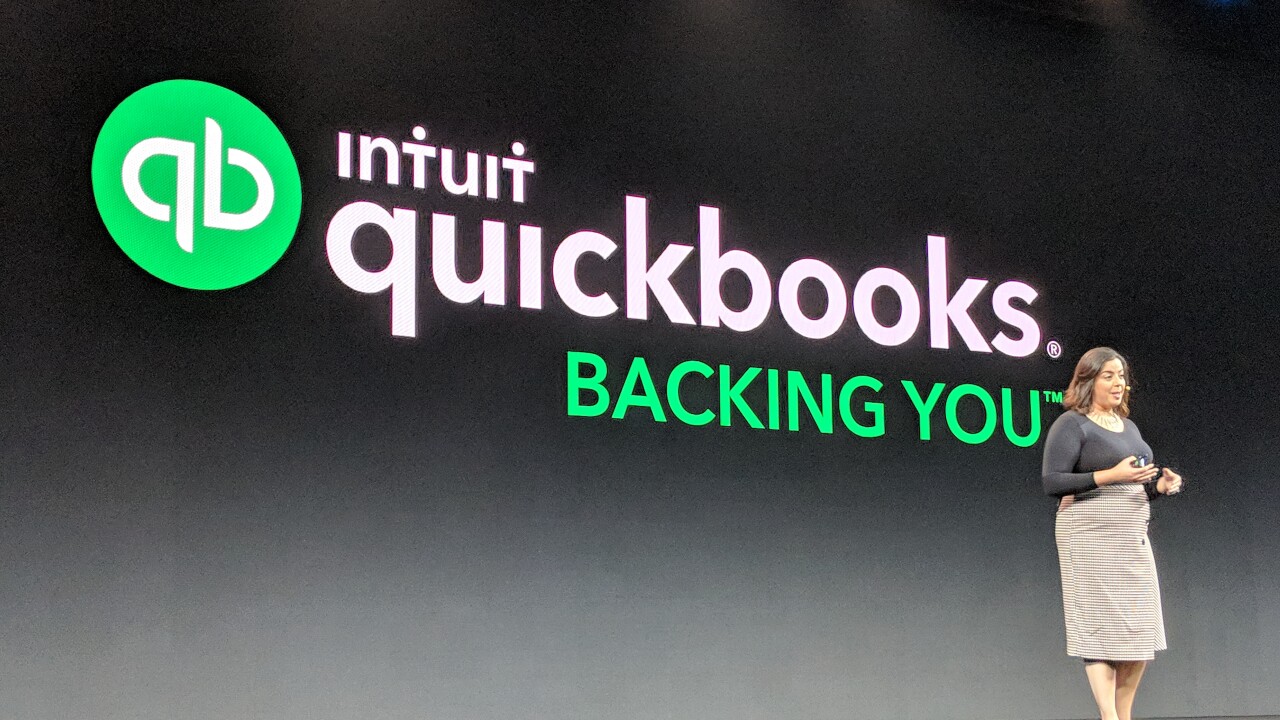Ever since ChatGPT burst into the mainstream conversation during late 2022, the conversation has gone back and forth from the innumerable opportunities that better artificial intelligence can create, and the displacements that will inevitably be caused as a result. The reality, as usual, is somewhere in the middle.
Mirroring the cycle (the basis for the
Two quick notes before diving into the accounting-specific conversation: Firstly, even the best-laid-out plan of AI integration will not solve fundamental issues with programs, enrollment, or budgets; those are structural problems that require structural solutions.
Secondly, the fear of students using AI to cheat on assessments should be acknowledged, but not be overblown. Cheating has, unfortunately, always occurred, and it is the responsibility of faculty to deploy unique assignments to combat the inevitable cases of AI-assisted cheating.
Accounting and the accounting major have long been the target of automation, technological augmentation, and this is no different when AI applications are assessed. Based on studies including those from the global consultancy
One common theme that has seemed to be increasing, and that mirrors the dramatic increase in the mention of AI in earnings reports and other corporate press releases, is the fear that AI will lead to mass disruption of the accounting and financial services fields. Faced with these facts, compounding the other accounting pipeline issues connected to pay, work hours, organizational pressures, and higher pay in other areas, how can accounting faculty respond?
The answer is to make the best use of AI as a powerful tool in your teaching toolkit; let's take a look at how to do just that.
1. Highlight the connection between AI and accounting
Even as AI tools such as chatbots and other applications continue to become more widespread and intuitive, the reality is that these tools are going to change every aspect of business education. One of the toughest problems to solve in the accounting profession is how to produce accurate, relevant, and real-time financial statement information. With AI-based or AI-augmented tools able to analyze and process incredibly large amounts of information, accountants will now finally have the tools to elevate their services.
Audit and tax services have already been heavily influenced by technologies, and the rise of ChatGPT is a perfect opportunity for accounting faculty to double-down on these trends. Fears of job market shrinkage are overblown;
Faculty takeaway: After educating themselves on how these technologies work and operate, faculty need to highlight both the obvious and indirect ways in which these tools will reshape the opportunities for accounting students. Challenges will arise, as always, but the opportunities that better automation and analytics will create far exceed them.
2. AI opens the door to more opportunities
Something that accounting students can overlook in the hustle and bustle is that accounting education and credentials open doors to an almost limitless range of professional opportunities. By making effective use of AI tools, current accounting practitioners and students have the ability to — once and for all — automate and streamline many of the low-value tasks that individuals tend to avoid, and that clients tend to dislike paying for.
Drilling specifically into a topic that is of incredible importance for the profession, people, and the planet, the connection between ESG and AI is clear. Politics aside (though it is an unavoidable part of any large-scale shift in the business landscape), ESG is here to stay. An issue that continues to prove challenging is how to collect, analyze and report non-quantitative and non-standardized data on a consistent, comparable and recurring basis. Generative AI tools, when combined with other data analytics tools that already exist in the marketplace, have the potential to let current students focus on topics, trends and concepts that drive financial results, and matter to society at large.
Faculty takeaway: Accounting faculty must be sure to highlight not only the technical opportunities created by different AI tools, but how these tools can be used by students to carve out successful, sustainable and profitable career paths moving forward.
3. Continuous reporting and strategic decision-making
One of the most direct implications of generative AI, real-time analytics, and other facets of automation is the continued pivot to real-time reporting, improved data analytics, and the ability for accounting professionals to evaluate, report and attest to a much wider range of data. The impact of Twitter and other social media platforms means that business headlines and news can shift in an instant; financial reporting and disclosures need to evolve and keep pace with the expectations and realities of the marketplace.
Accounting is often cited as the language of business, but this language often comes after the fact, and can be too late to play an integral role in the business decision-making process. This is changing, and will continue to change as increasing amounts of AI and automation tools become more commonplace. Even as some tasks and job processes will be rendered obsolete, this automation will make new opportunities and openings for motivated and proactive professionals.
Faculty takeaway: Some of the most tedious and mundane aspects of accounting education, when coupled with the exams on these topics, can make accounting courses less appealing. Perhaps the best opportunity for accounting faculty to leverage generative AI is to highlight the reality; AI can — and will — make accounting a more exciting, engaging, and lucrative career.
AI is coming for the accounting profession, and educators should seize on the opportunities it will lead to for both higher education and our students.





